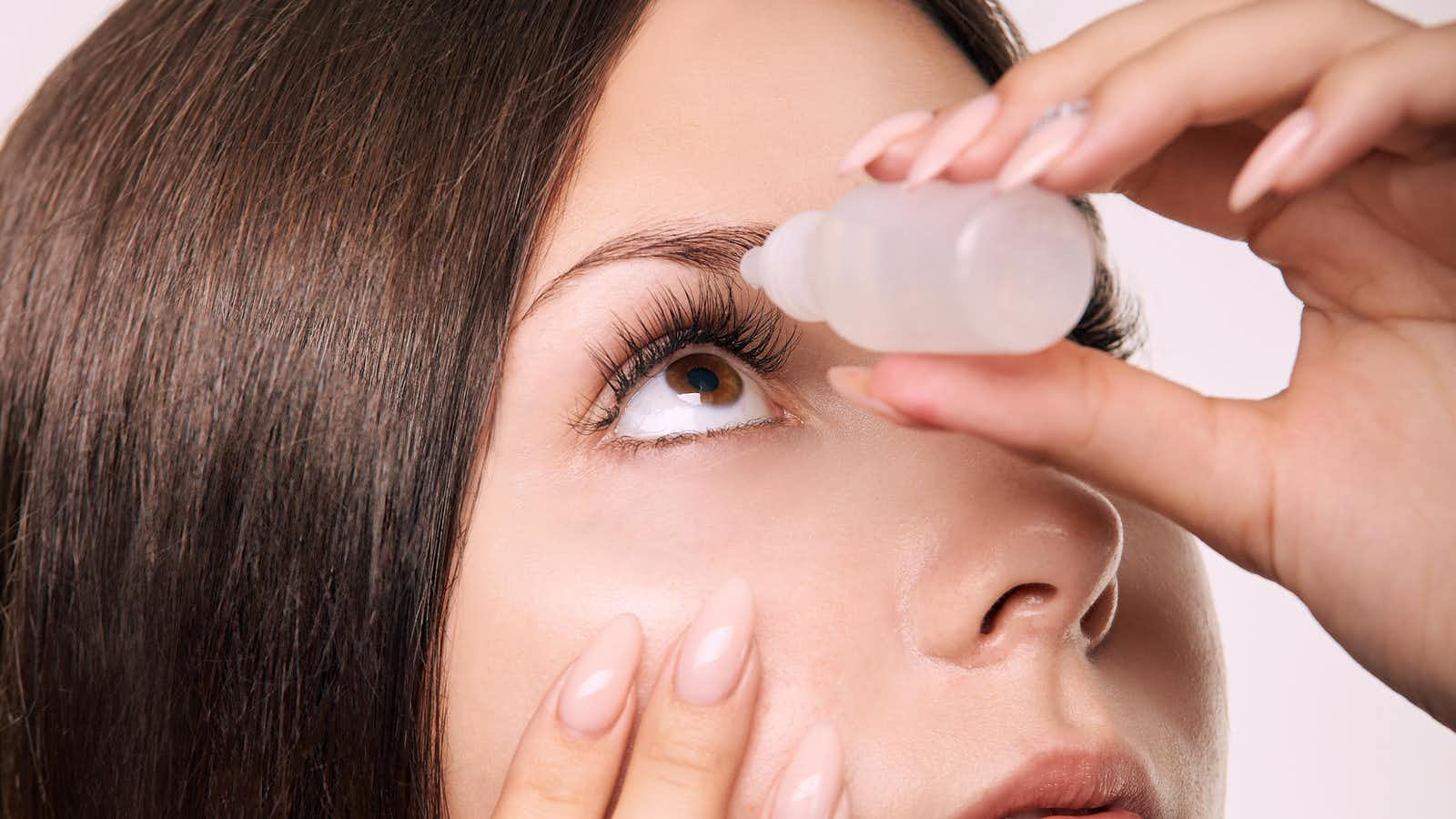
LASIK surgery stands for Laser-assisted in situ keratomileusis. In this procedure, eye surgeons use a laser beam to change the shape of the cornea. The goal of this intervention is to eliminate the need for eyeglasses or contact lenses. The FDA first granted approval for laser surgery in the late 1990s. It has taken until now for the agency to propose that patients be warned about risks including a connection between Lasik surgery and dry eyes.
Linking Lasik Surgery and Dry Eyes:
Most people probably assume that Lasik surgery is super safe. After all, its been available for decades. There are no official warnings that eye doctors have to communicate prior to performing the procedure.
The FDA moves super slowly, but it is now suggesting that its no-warning doctrine could change. On July 28, 2022 it offered a “Draft Guidance for Industry”:
“…to help ensure that both physicians can share and patients can understand information on the benefits and risks of these [LASIK] devices.”
The agency is considering (after more than 20 years) requiring Lasik surgeons and manufacturers of the laser instruments to inform potential patients about possible complications of the procedure.
Would you be surprised to learn that eye doctors and device manufacturers are not thrilled about having to warn about adverse reactions? They worry that describing a link between Lasik surgery and dry eyes or other complications might scare away clients.
This reader describes the connection between Lasik surgery and dry eyes:
Q. Anyone who has had Lasik eye surgery will need to stock up on a good eye lubricant. The procedure made my eyes really dry, and I’m not the only person to experience this.
My favorite lubricant is Refresh Tears because it also comes in a thicker variety for nighttime. There are other good ones out there; just don’t buy the ones that say, “help get the red out.” They will do that, wear off and leave your eyes drier than ever. To top it off, cataract surgery can add to dry eye problems.
A. The Food and Drug Administration approved Lasik surgery on the front of the eye (the cornea) in 1999. It has been promoted as a way for people to enjoy excellent eyesight without eyeglasses. Every year, about half a million people undergo the procedure.
However, the FDA has become aware that patients sometimes have undesirable outcomes. The agency is concerned that people contemplating Lasik surgery get and understand relevant information so that they can evaluate their own benefits and risks.
It has issued a “Draft Guidance” that will warn about Lasik surgery and dry eyes, double vision, difficulty driving at night and, in rare cases, persistent eye pain.
The FDA Describes LASIK Risks:
Here are the highlights of the Draft Guidance:
“The risks of LASIK include, but are not limited to, the following:
“• Loss of vision. This means that vision becomes unclear (blurry or hazy vision) even with glasses or contact lenses.
“• Dry eyes. LASIK may cause or increase eye dryness, which may also cause discomfort and visual problems.
“• Discomfort or pain. It is not unusual for patients to have some mild discomfort right after LASIK, but it usually goes away within a few weeks or months. Complications like dry eye, inflammation, or infection may cause severe, constant pain in some patients, preventing them from doing their normal activities.
“• Visual Symptoms. LASIK may cause or worsen visual symptoms, such as glare, halos, starbursts, and ghost images/double images, most commonly experienced in dim lighting conditions as well as blurred and fluctuating vision.
There are several other complications including “decreased ability to see under low lighting conditions, drooping eyelid and psychological harm.” The industry counters that most patients are satisfied with the procedure and such complications are rare.
What Can People Do About Dry Eyes?
Many people who have not had Lasik surgery can develop dry-eye syndrome. As for drops to alleviate dry eyes, the ophthalmologists we have consulted suggest a product that is free of preservatives.
Examples include NanoTears TF, Refresh Optive Advanced, Systane Ultra and TheraTears. Dr. Peter McDonnell, director of the Wilmer Eye Institute, recommends a product with hyaluronic acid such as Hylo-Vision HD.
You can listen to our one-hour interview with a highly-qualified expert on dry eyes at this link:
Show 1309: Coping With Dry Eyes and Tear Problems
There are two ways to listen. You can click on the arrow inside the green circle below the photograph of our guest expert or scroll to the bottom of the page and click on the link to download the mp3 file (above the view comments green box).
Lasik Surgery and Dry Eyes? Share your Story!
Do you suffer from dry eyes? Please share your story in the comment section below. Have you had Lasik surgery? Did it work well for you? We would very much like to read your story as well.

